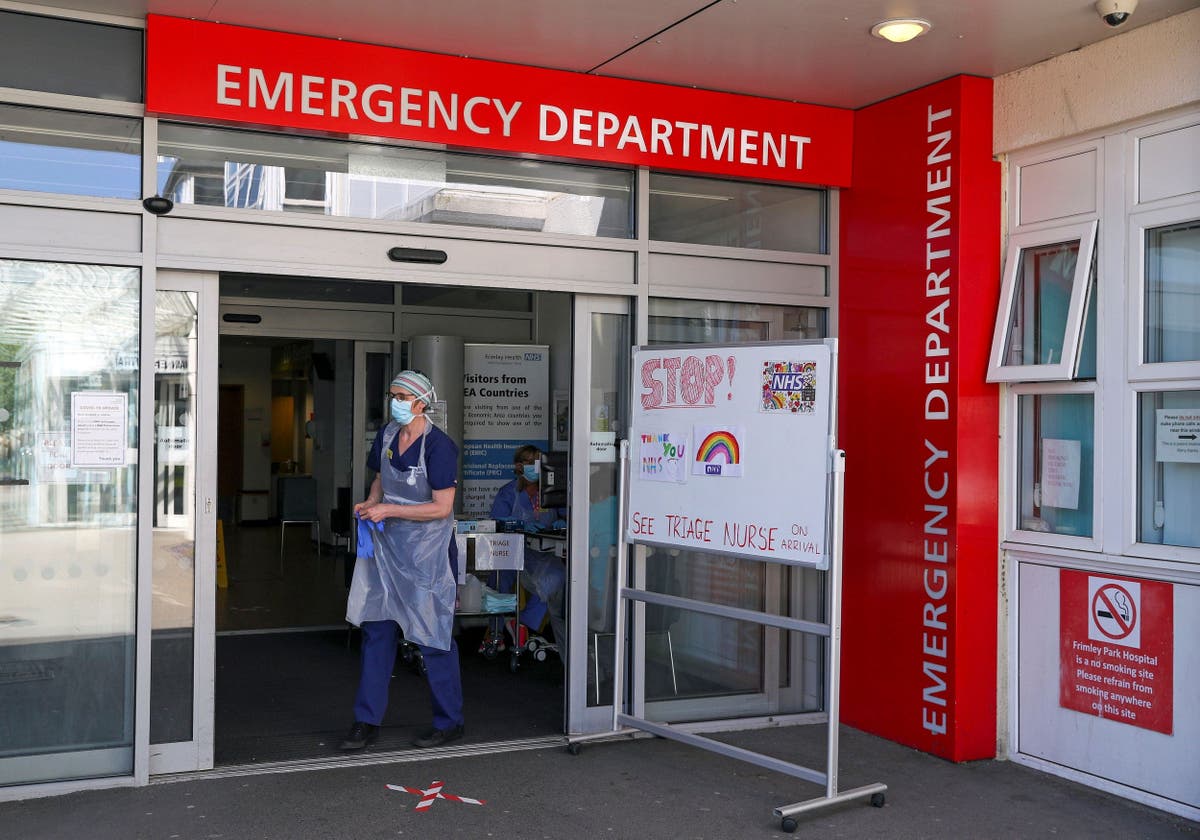The 'Wild West' of long Covid therapies
People with long Covid are being offered unproven, bizarre and, in some instances, "dangerous" treatments by private clinics, often at a cost of hundreds of pounds — as officials warn that the industry is at risk of turning into the "wild west" without proper regulation.
The Independent has uncovered a wide range of therapies being touted to "desperate" patients, few of which have been approved for use in the NHS — or rigorously tested — for alleviating persistent coronavirus symptoms.
These include probiotic implants inserted into the stomach, clot-busting drugs which carry the risk of heavy bleeding and haemorrhaging, IV infusions, and "bioresonance" — a holistic therapy that claims to remove lingering viral matter from the body via electromagnetic waves.
Such treatments are offered after expensive consultations with private practitioners. Patients are typically being charged between £200 and £600 for these sessions.
The NHS has warned that "misinformation around cures or quick fixes for long Covid is putting people at risk", while the Advertising Standards Authority (ASA) said it was aware of a rise in clinics claiming to treat the condition without providing evidence.
You can read the full investigation here. The BMJ has also published its own investigation on patients travelling thousands of miles to private clinics in Cyprus, Germany, and Switzerland for unproven blood filtering therapy.
It's worth noting that patients are turning to these types of treatments not out of preference, but out of desperation.
There are approved therapies in the UK, but these are provided by the NHS through its long Covid clinics, which are heavily over-subscribed and only see around 5,000 patients a month, meaning the majority of sufferers are left neglected and unable to access care.
Research into long Covid is continuing, but progress has been slow due to a lack of funding and drive from the government.
The government has been told by MPs to clamp down on the unregulated treatment industry that is emerging, but it also needs to get serious about tackling the condition and making the right investments to properly support patients.
Waste not, want not
Now that the worst of the pandemic has passed, details are emerging around the mass wastage of precious Covid resources and the vast amounts of money that have been improperly handled by the government.
Last week, The Independent revealed that more than 40 million rapid Covid tests in the national stockpile have expired, rendering them unusable at a time when infection rates are once again surging.
Since then, we've reported how the government could have saved close to £1bn in taxpayers' money had it agreed to issue multi-use protective gowns for NHS staff instead of single-use.
Analysis presented to Whitehall and NHS officials in spring 2020 shows that, within a single month, the British manufacturing industry could have made three million gowns that could be re-worn by staff and washed up to 100 times.
This supply of personal protective equipment (PPE) would have lasted for the first two years of the pandemic and, in the process, saved more than £800m, according to figures and estimates compiled by the Textile Services Association (TSA), which represents laundry businesses that supply the NHS.
But the government eventually approved the mass rollout of single-use gowns instead – despite the higher overall costs and larger carbon footprint.
Except more examples to surface in time…











No comments:
Post a Comment
Keep a civil tongue.